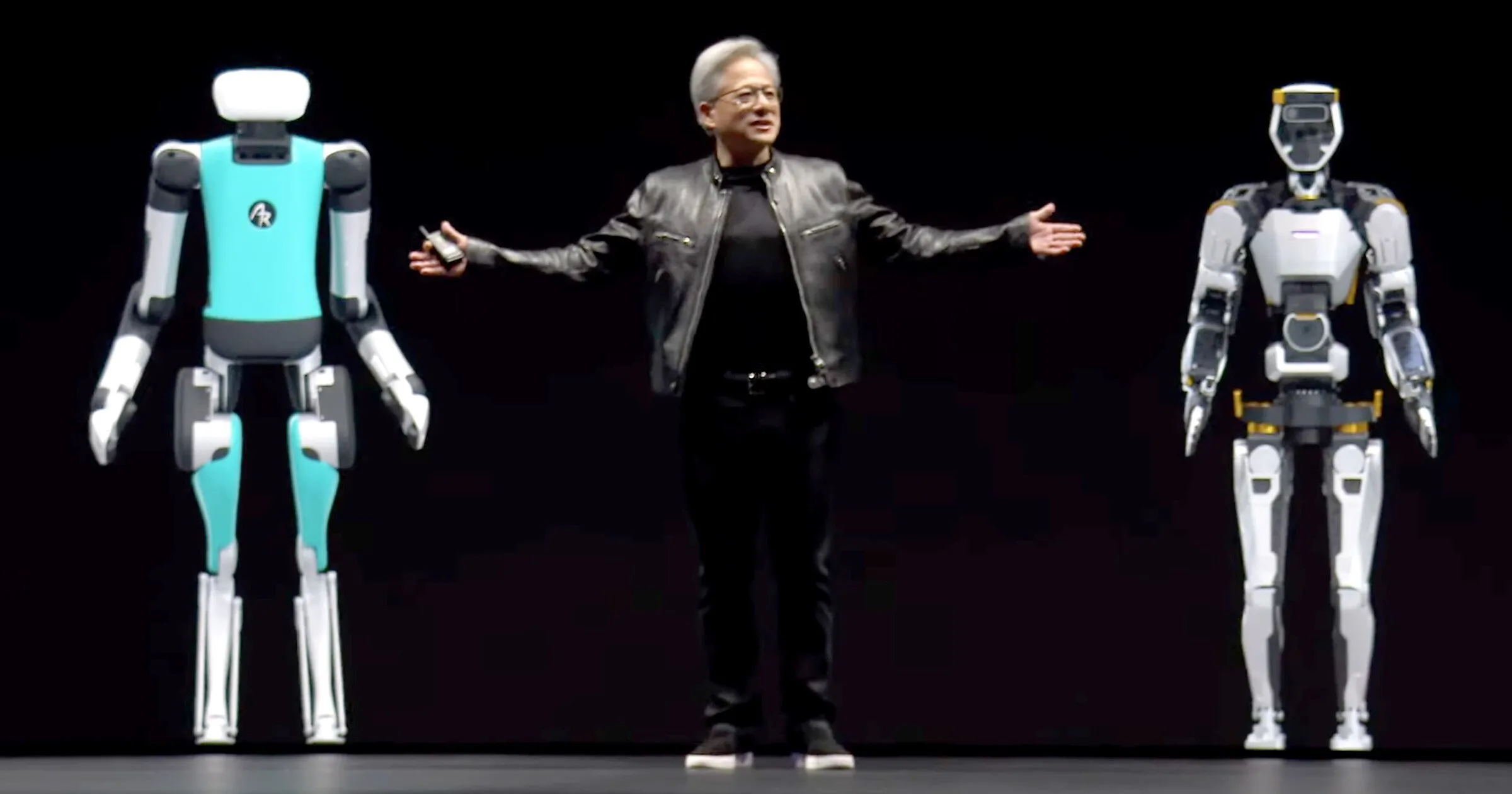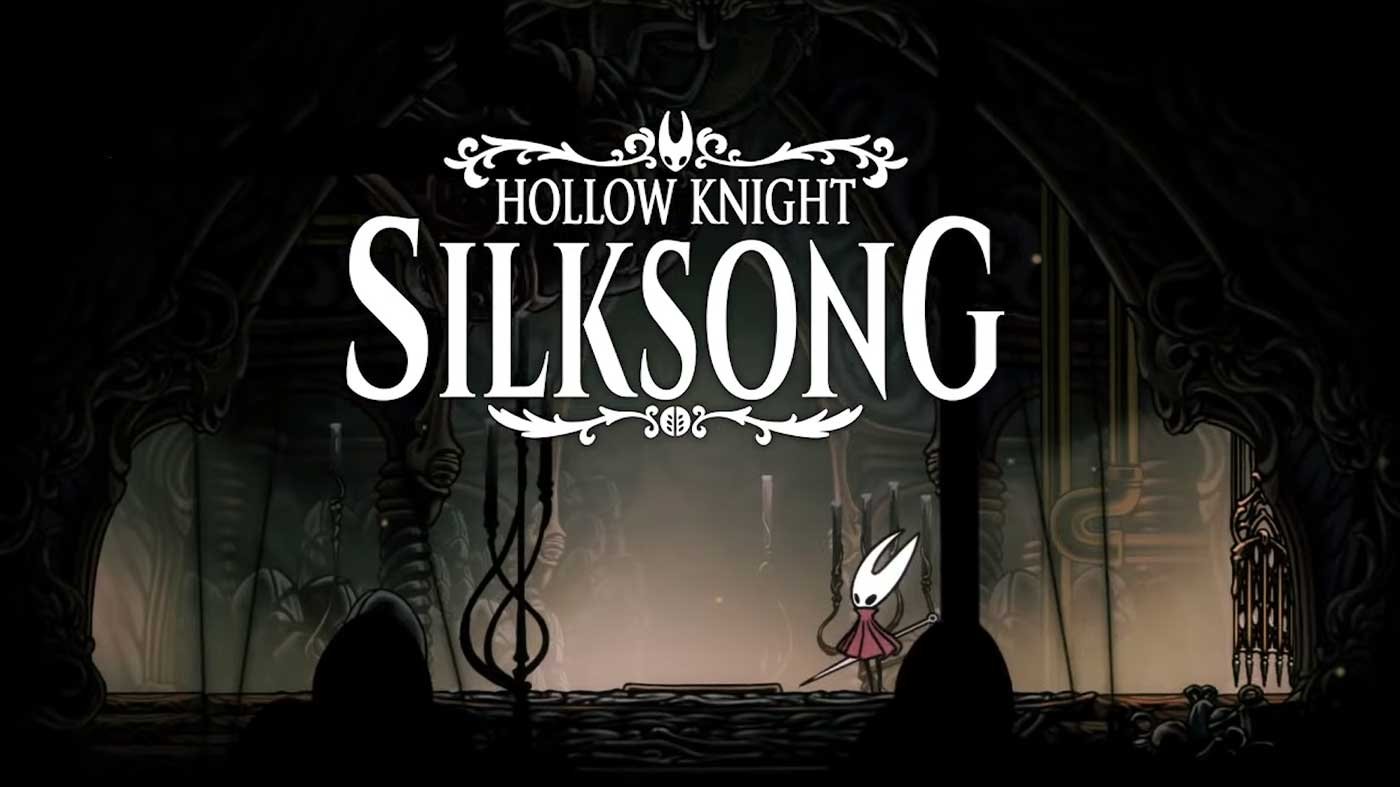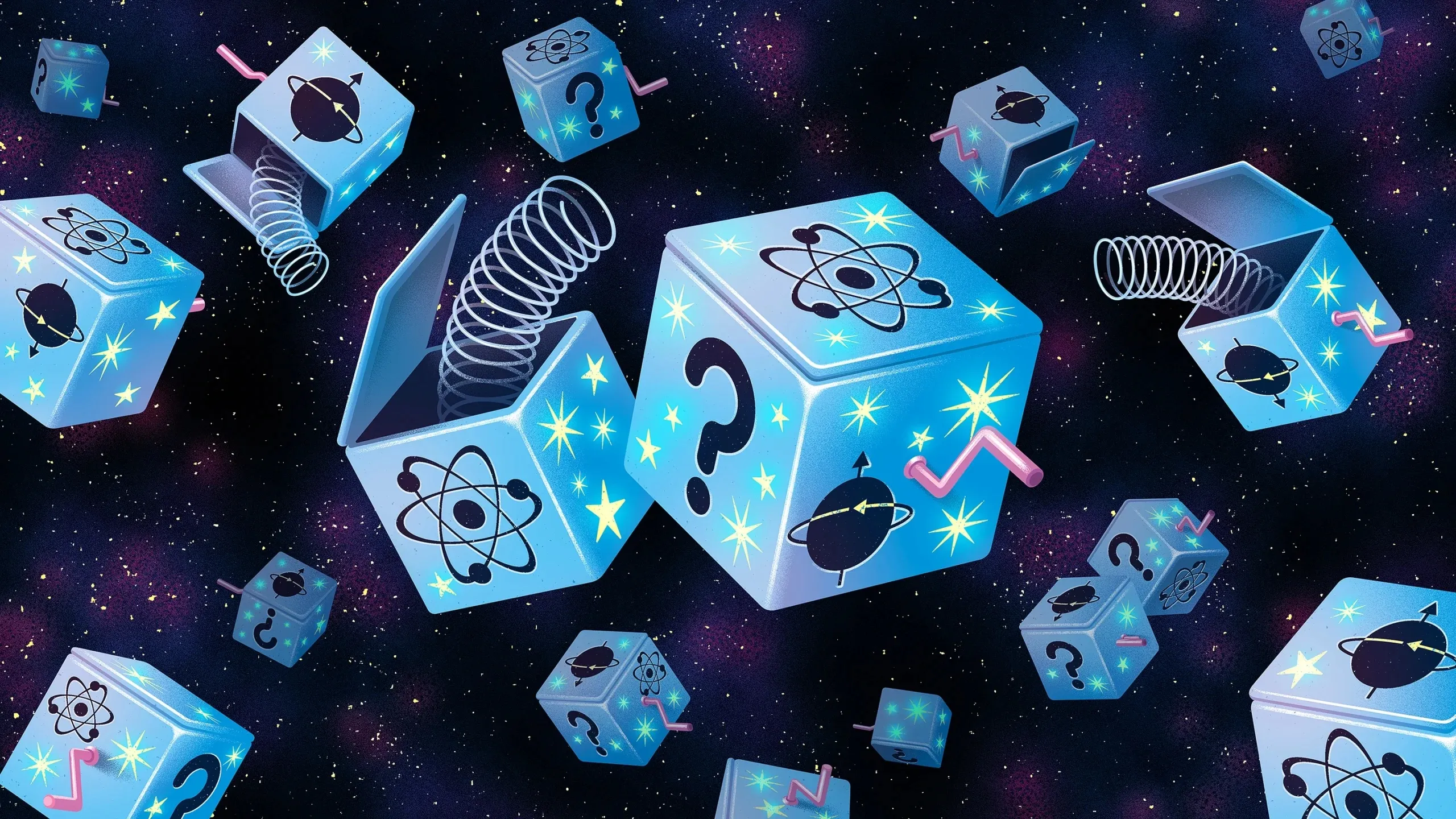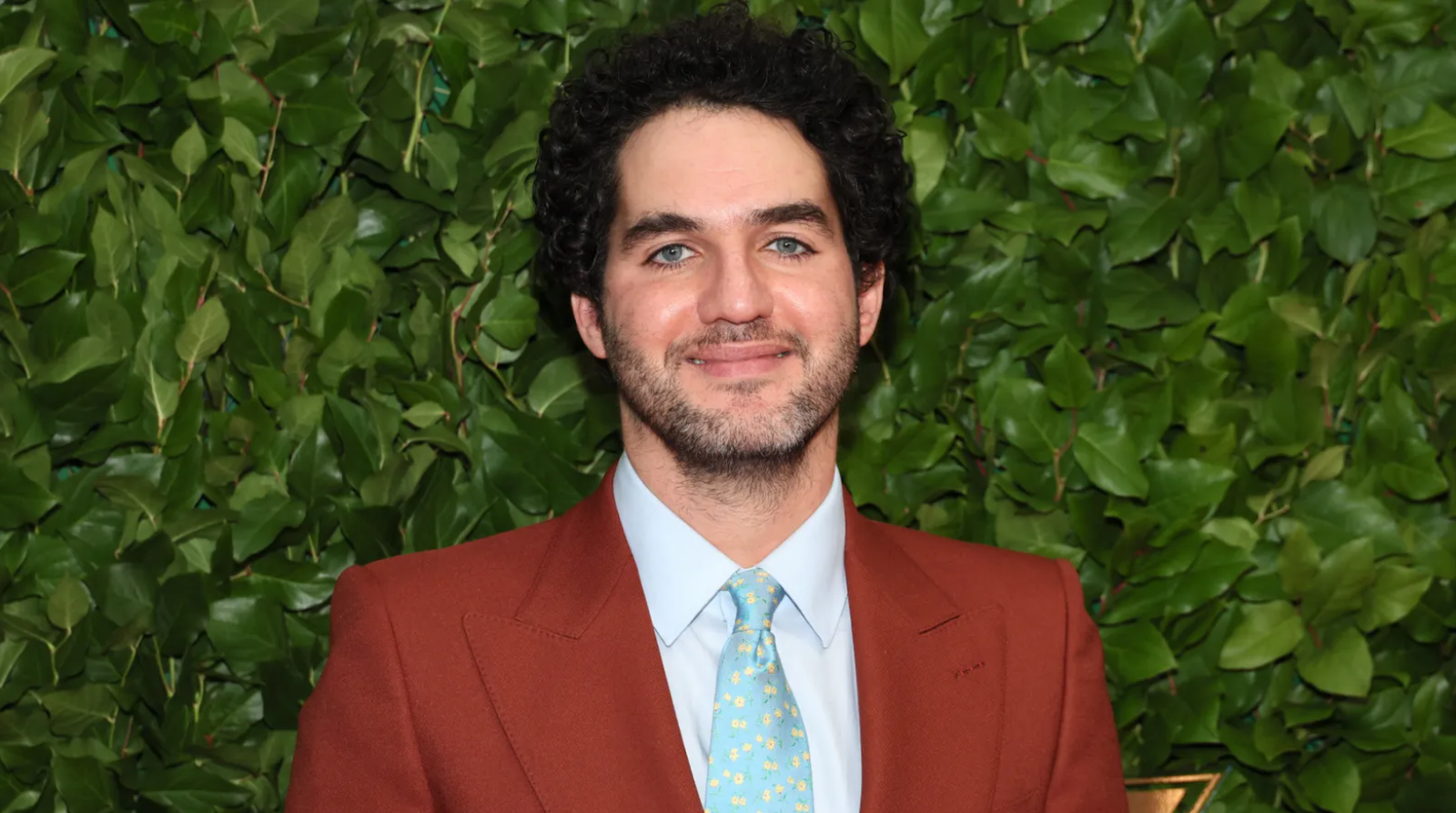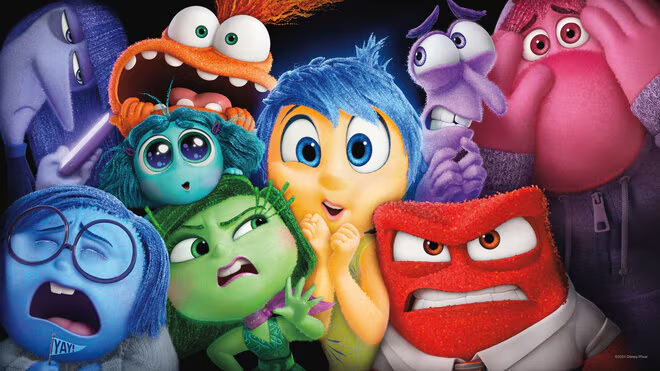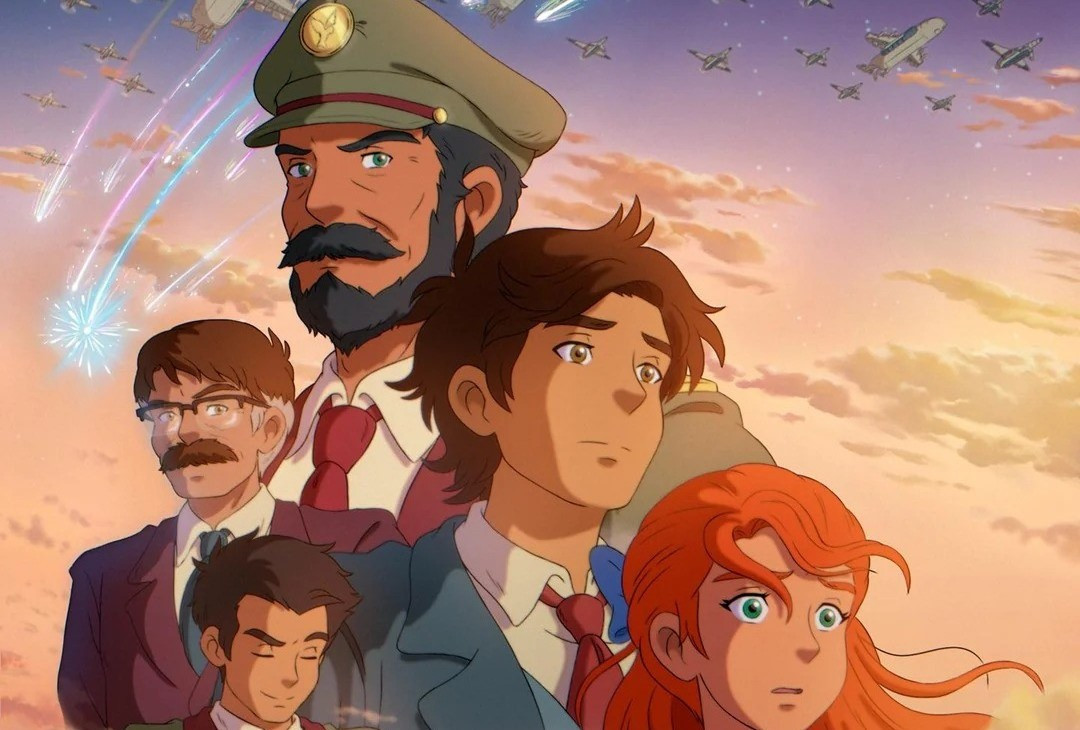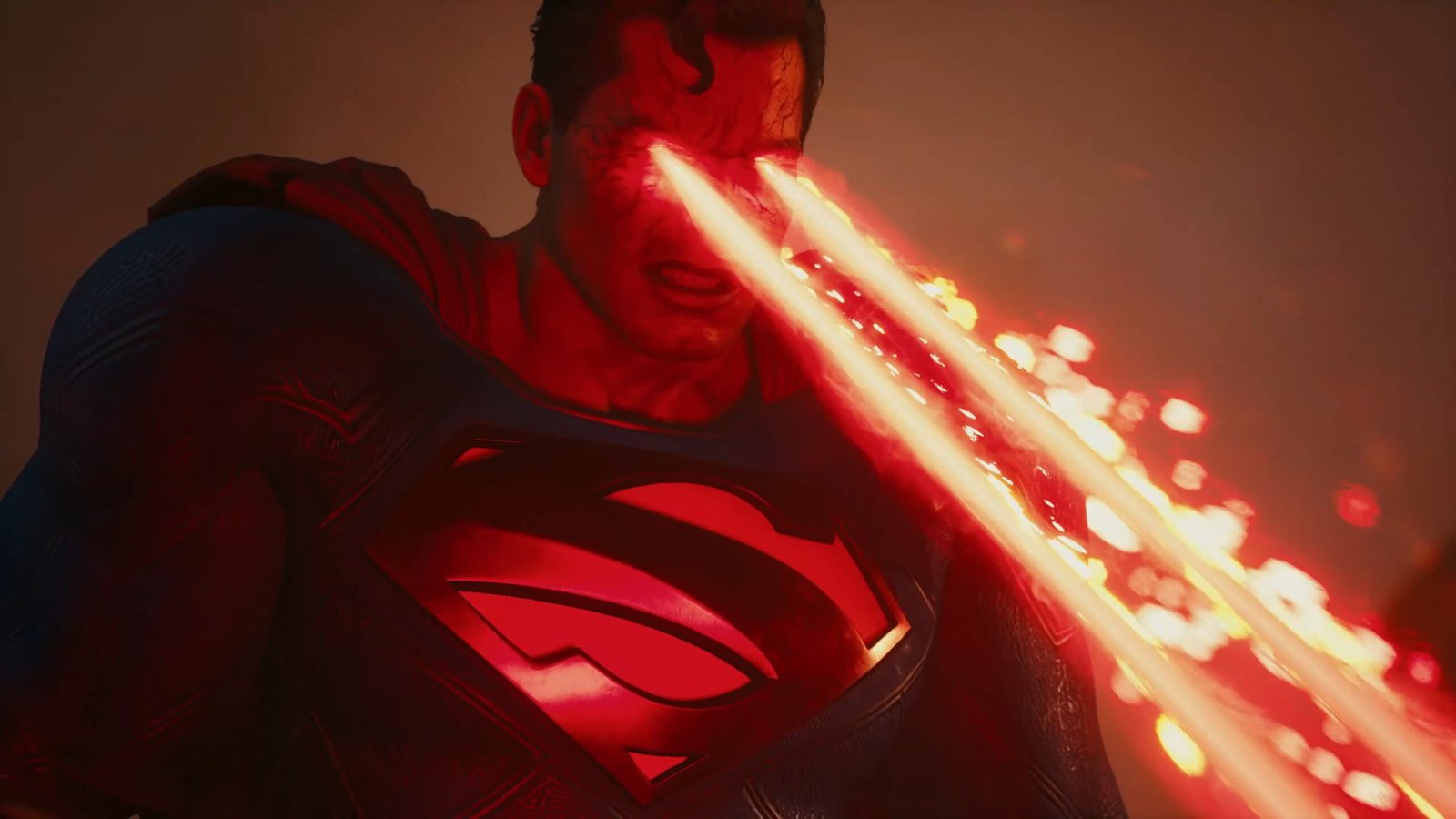Pulp Fiction Review – A Cinematic Brilliance
“In ‘Pulp Fiction,’ Quentin Tarantino crafts a unique blend of style and story, delivering an unforgettable cinematic experience filled with gritty charm and iconic characters.”
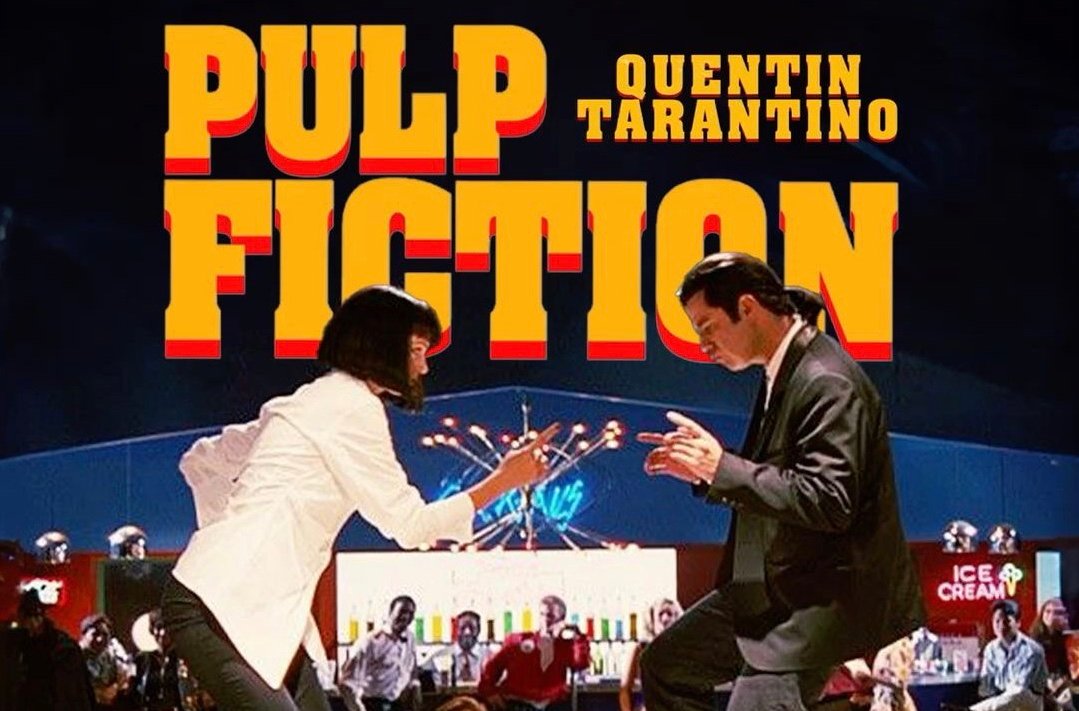
Film: Pulp Fiction
Director: Quentin Tarantino
Running Time: 154 Minutes
Release Date: May 21, 1994
Maturity Rating: 18+
Quentin Tarantino is a name that has become synonymous with groundbreaking cinema and unconventional storytelling. He is widely regarded as one of the most influential and renowned film directors of our time.
Tarantino has always pushed boundaries and challenged traditional storytelling conventions. Unique storytelling techniques, nonlinear narratives, pop culture references, and intense dialogue characterize his films.
Pulp Fiction – Review
Story
I am sure many of you have seen this classic or at least heard about it. Pulp Fiction is a phenomenal cinematic experience whose narrative is told out of chronological order and follows three main interrelated stories that each have a different protagonist. I find this movie pretty entertaining and engaging as there is continuous action, which doesn’t seem to catch a break.
As many of you would know, this movie is a tribute to the pulp stories written back in the 40s and 50s, which have punchy and witty dialogue and over-the-top violence. The random chit-chat between characters regarding obscure things might feel like a waste of time as it doesn’t move the plot.
But Tarantino is a genius, and he believes in character development more than plot development, so these chats humanize the characters and make them relatable and memorable. Tarantino is too gifted a filmmaker to make a boring movie anyway.
Moreover, the film creates captivating magic: one boss, two hitmen, three stories, and the situations intertwining. The character detailing is in-depth and robust. The core never changes.
Starring John Travolta, Samuel L. Jackson, Uma Thurman, Harvey Keitel, Maria De Medeiros, Ving Rhames, and Bruce Willis — your eyes will be glued to the screen the entire runtime of this incredibly mesmerizing and suspenseful masterpiece.
Setting/Theme
Set up in Los Angeles, California – Pulp Fiction is a cacophony of violence and redemption. The themes in Pulp Fiction are complex, but at the core, they revolve around fate.
Consequently, each character faces situations where they must make choices influenced by destiny or chance. At the heart of Pulp Fiction lies the unpredictable nature of life, captured through the lens of random events that drastically impact the characters.
Tarantino shows crime and criminals without taking a side, making it look stylish and combining glamor, dirtiness, and everyday life. There’s a sense of real-world chaos mirrored in the movie scenes, emphasizing how life’s randomness can bring about surprising and profound changes.
Characters
Pulp Fiction is structured into several interconnected stories rather than traditional chapters. Each of these stories has its protagonists.
-
Vincent Vega – Loyal But Morally Ambiguous
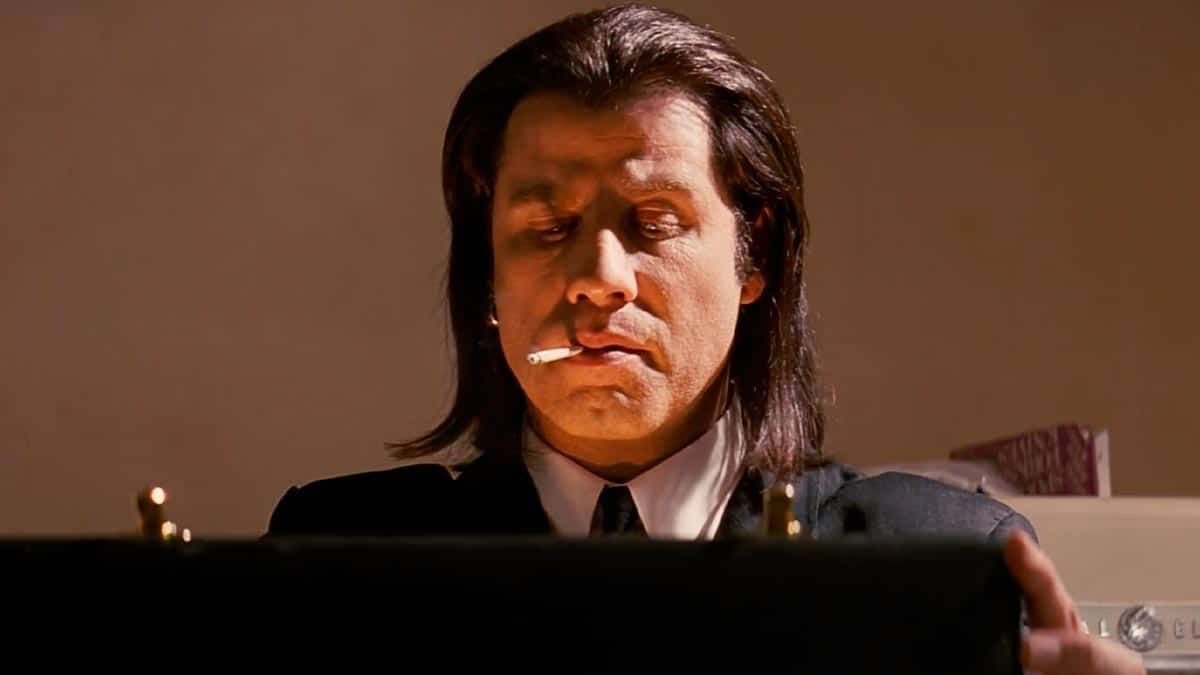 Probably the most carefree character of the film, in my opinion. Vincent Vega is a professional hitman partnered with Jules Winnfield. As the associate of a criminal gangster, Marsellus Wallace, Vincent is calm yet ruthless. Caught in a haze of drugs and substances, he feels no remorse for his actions and moves on swiftly.
Probably the most carefree character of the film, in my opinion. Vincent Vega is a professional hitman partnered with Jules Winnfield. As the associate of a criminal gangster, Marsellus Wallace, Vincent is calm yet ruthless. Caught in a haze of drugs and substances, he feels no remorse for his actions and moves on swiftly.
Also, he is depicted as having a particular code of conduct and a philosophical outlook on life. His personality blends a casual demeanor with moments of intense focus, creating a very intriguing character.
-
Jules Winnfield – A Good But Lost Man
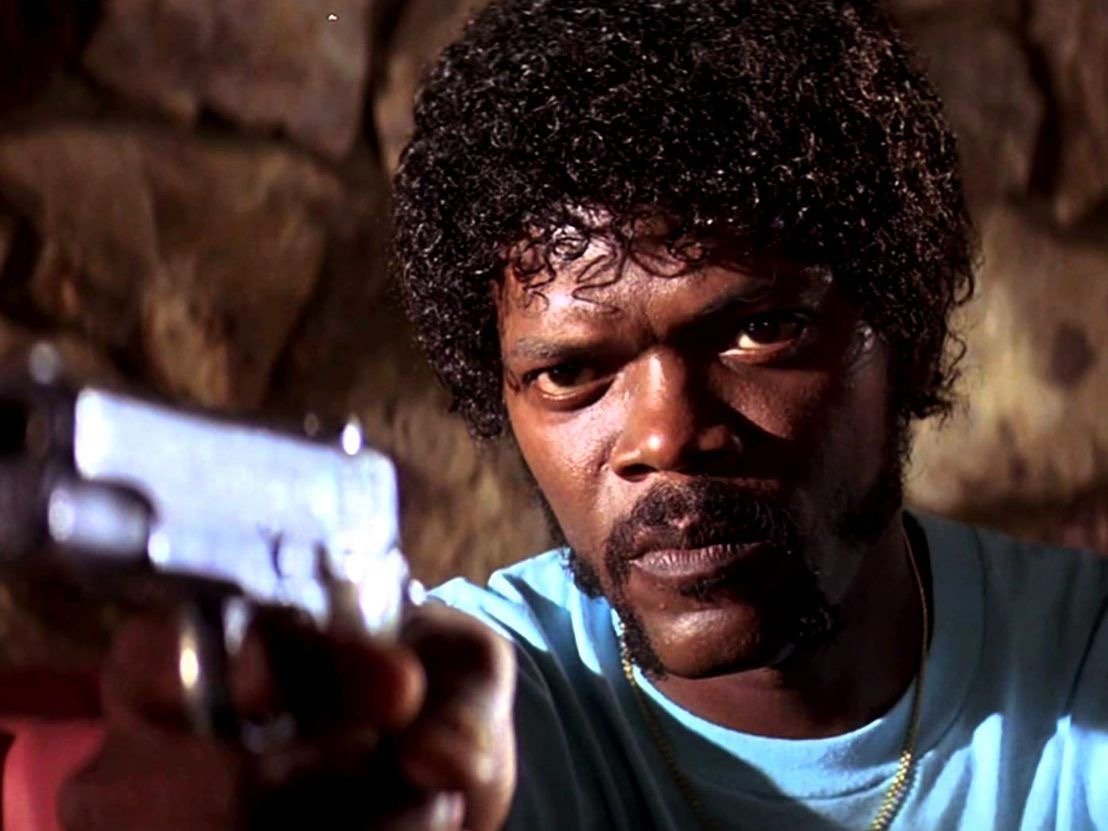 A violent man with a short fuse, Jules Winnfield, in Pulp Fiction, embodies a powerful yet contemplative persona. He seems to have a cold-blooded attitude toward his job, is short-tempered, and VERY foul-mouthed.
A violent man with a short fuse, Jules Winnfield, in Pulp Fiction, embodies a powerful yet contemplative persona. He seems to have a cold-blooded attitude toward his job, is short-tempered, and VERY foul-mouthed.
Nevertheless, he is a man who changes over the film’s progression. Though we initially see him as a fast-talking scary hitman who quotes the bible, of all things, we later see another side of the man. He becomes increasingly tired of not only his incompetent partner, Vincent Vega, but of his way of life as a hitman.
-
Butch Coolidge – A Gritty Boxer
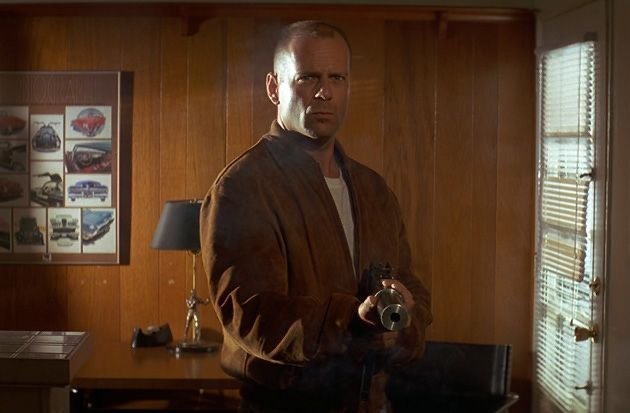 He is a character shaped by toughness, constantly facing dilemmas that challenge his principles, adding complexity to his persona. Butch is a boxer with a fading career who agrees to dive for a big payout. He is very resilient and exhibits a strong sense of self-preservation under harsh circumstances.
He is a character shaped by toughness, constantly facing dilemmas that challenge his principles, adding complexity to his persona. Butch is a boxer with a fading career who agrees to dive for a big payout. He is very resilient and exhibits a strong sense of self-preservation under harsh circumstances.
In addition, we get a little backstory on him, a flashback to a day when a soldier from his dad’s POW camp gave him his great-grandfather’s gold watch that his father hid for years to pass it down to Butch.
-
Mia Wallace – A Glamourous But Troubled Woman
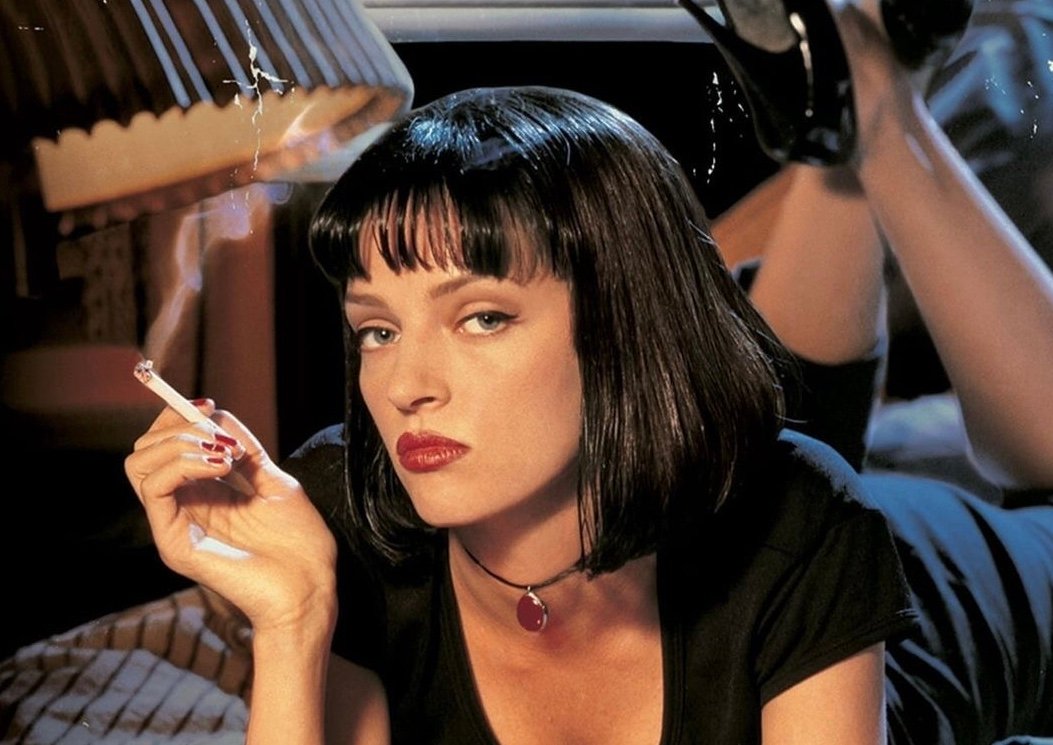 Fun-loving and direct, Mia loves to let loose and do fun things, regardless of the consequences. She is easily bored, chronically dissatisfied, and has trouble making genuine connections with anyone. Wife of gangster Marsellus Wallace, her drug overdose leads to one of the tensest sequences in Pulp Fiction.
Fun-loving and direct, Mia loves to let loose and do fun things, regardless of the consequences. She is easily bored, chronically dissatisfied, and has trouble making genuine connections with anyone. Wife of gangster Marsellus Wallace, her drug overdose leads to one of the tensest sequences in Pulp Fiction.
In spite of all this, she is exuberant with an unpredictable demeanor. She exudes confidence and sophistication, yet underneath lies a troubled and somewhat elusive personality.
Most importantly, her dance scene with Vincent Vega has to be the most iconic part of the film, where she adds her essence to the story. This character is the most memorable, as it became a cultural icon.
Impact On Audience
Pulp Fiction isn’t just another movie; it’s a cultural phenomenon that sparked a revolution in filmmaking. The impact of this film on pop culture and cinema is immeasurable. It has engaged audiences by breaking cinematic conventions, fostering discussions, and leaving a lasting cultural clash that continues to resonate.
Furthermore, the movie’s abundance of violence and carnage left me shocked by its unexpectedly peaceful conclusion. Pulp Fiction doesn’t conclude there; instead, the director guides us to scrutinize specific moments in the characters’ lives through unconventional storytelling.
The film’s soundtrack is another standout feature that became a massive success and played a crucial role in the film’s appeal. The carefully chosen songs complemented the film’s scenes, enhancing the overall atmosphere and contributing to the memorable moments in the movie.
Conclusion
In Conclusion, the film’s exploration of the moral ambiguity of its characters and their relationships with each other is an example of complex and nuanced character development that adds emotional depth to the story. Every single episodic element contains a miniature story full of obstacles, setbacks, and characterization moments. This movie is the true definition of cinematic art.
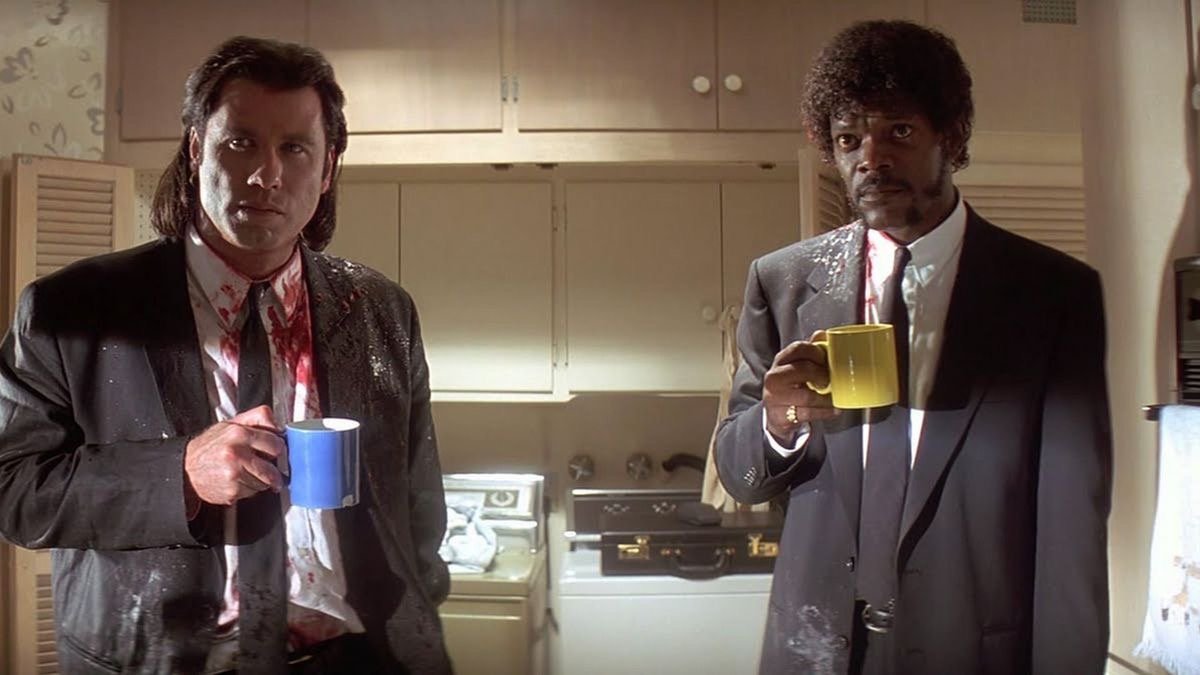
Rating: 8.5/10
Pros
- Innovative Narrative
- Memorable Characters
- Cultural Impact
- Sharp Dialogue
Cons
- Profanity
- Dark Humour
- Extreme Violence
Read More By Us:
8 Mile – Greatest Rap Movie Ever?
The Pursuit Of Happyness Review – Happiness With A Y
Taxi Driver Review – A Forever Classic


